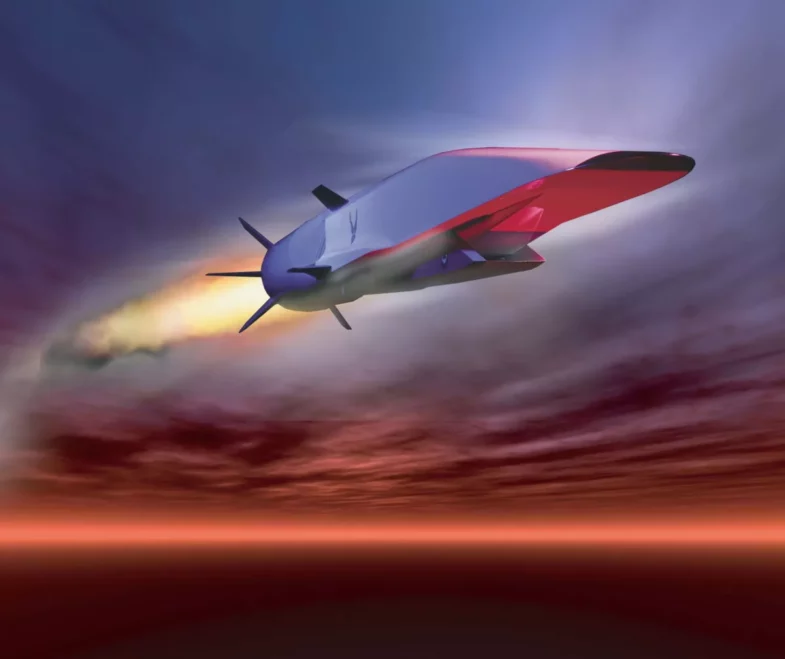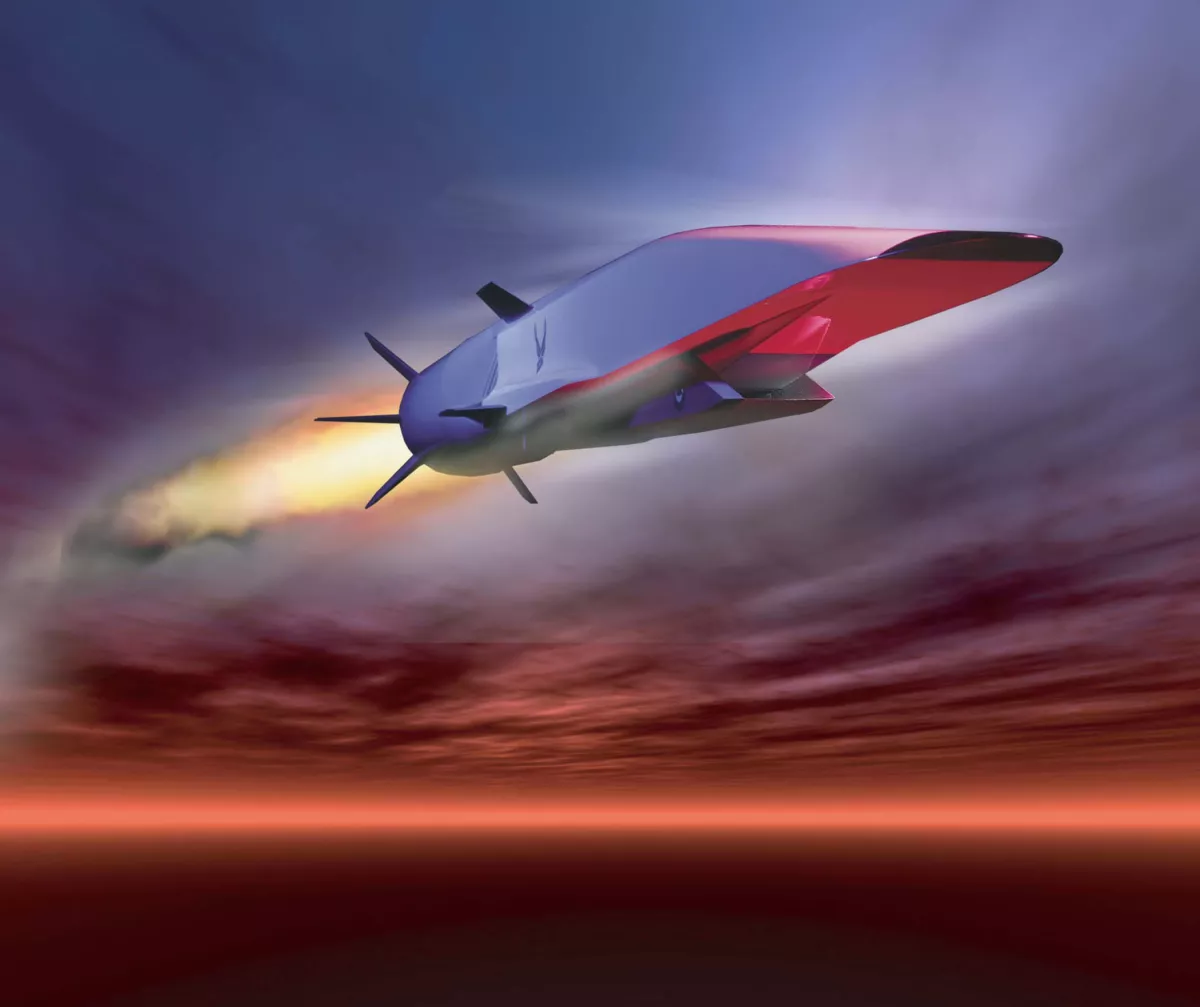Galaxy Space received new funding in September of last year, according to the company, raising its valuation to $1.58 billion.

A Chinese satellite internet startup intends to support China’s hypersonic vehicle program by offering broadband connectivity. The establishment of a private constellation of broadband satellites is the stated objective of Beijing-based Galaxy Space, which was established in 2016.
According to the South China Morning Post, the company is now also looking to offer services for military applications. In March 2022, the company launched six test satellites, demonstrating the capability to deliver broadband connectivity to terminals on the ground.
The system developed by GalaxySpace is based on a broadband satellite internet architecture in low earth orbit that can emit radio beams that can quickly adjust to the speed and position of the satellites. According to the SCMP report, it also involves a high-dynamic-range access process that enables the satellites to maintain connections with moving targets.
A later test noted in a recent journal paper notes that the company managed uninterrupted bidirectional data transmission between six Galaxy Space satellites and a fast-moving terminal for about 25 minutes, according to SCMP.
Although more testing, development, and verification are required, the results indicate that Galaxy Space’s technology may be able to provide broadband connectivity to hypersonic vehicle, such as drones or aircraft travelling at up to Mach 25, according to the researchers. Mach 1 is the speed of sound, which at sea level is approximately 767 mph (1,234 kph). Generally speaking, “hyperpersonic” refers to speeds of at least Mach 5.
The Chinese government’s decision to build a national constellation with 13,000 satellites as a response to constellations built by SpaceX and OneWeb has dashed Galaxy Space’s initial dream of developing its own broadband constellation.
Nevertheless, the company, which has its own satellite research, development, and manufacturing facilities, might eventually find a place within the project. Galaxy Space received new funding in September of last year, according to the company, raising its valuation to $1.58 billion.
